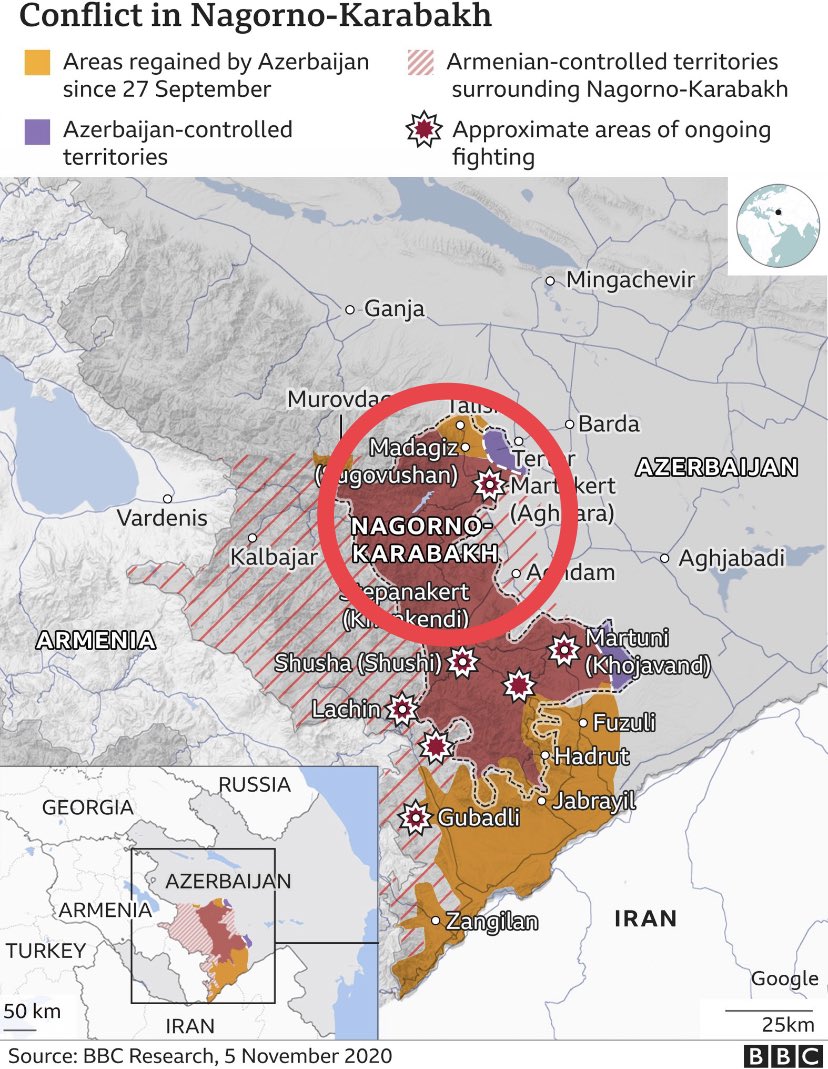
The president elect Maia Sandu may encounter problems in the relations with Russia. Here is the THREAD (/18):
1.The election of the new Moldovan president inevitably influences FP, but less structurally and more at the institutional level. Objectively, the qualitative transformations in FP began after the fall of the oligarchic regime in the summer of 2019. neweasterneurope.eu/2019/11/13/the…
2.The presidential elections in November 2020 and the victory of Maia Sandu can produce qualitative changes at the level of the president's institution. Therefore, under Sandu's leadership, the president's office needs to escape from "isolation", and less so the country.
3. In practical and conceptual terms, Sandu’s presidency has to dismantle the geopolitical prejudices. These have become, on the one hand, an indivisible element of the presidency because of Dodon's membership in Eurasian cultural-traditionalist space, attributable to Russia. 
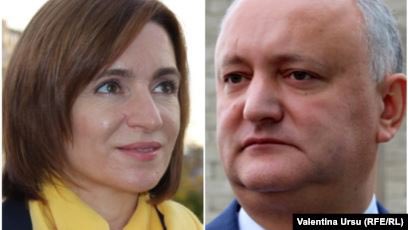
4.On the other hand, the presidency was dragged into regional geopolitical animosities, imported for propaganda purposes by the oligarchic regime, perceived as a pro-EU political actor. 
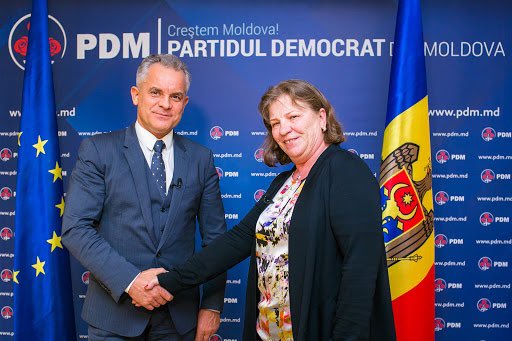
5. In her electoral discourse, Sandu placed Russia on the last place in the top of foreign policy objectives after the implementation of the Association Agreement with EU, the consolidation of relations with Romania & Ukraine and the development of a strategic dialogue with USA.
6.The electoral program lacked the explicit mentioning of Moscow's explicit role in the Transnistrian settlement. Similarly, this aspect has been missing in the first post-election promises.
7. In any case, progress in solving socio-economic issues with Russia depends on political contacts, which in turn developed through personalized communication with the Kremlin. Without this interdependence in place, achieving quantifiable progress will be complicated. 
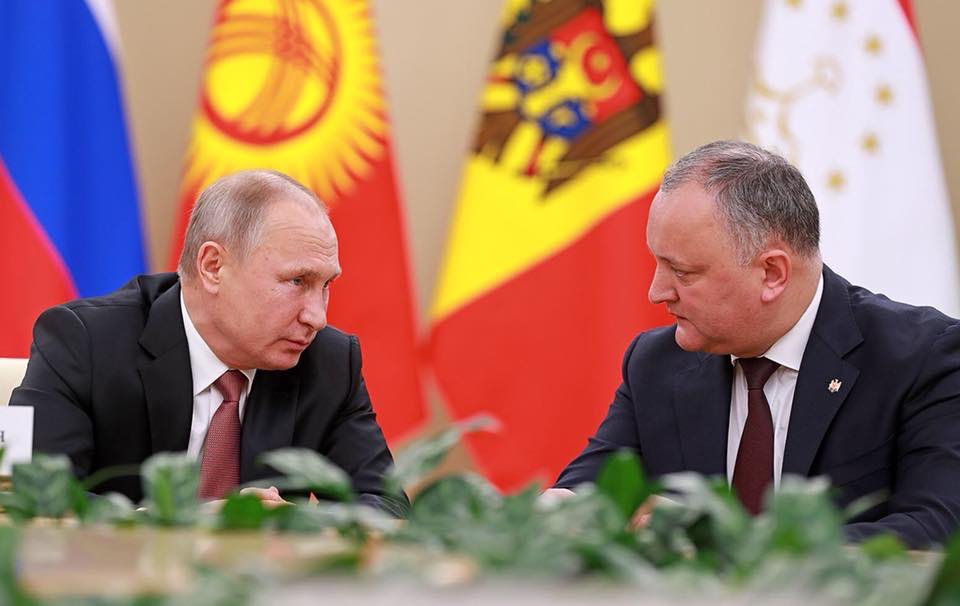
8.In general, two main factors can create tensions in relations with Russia, which Maia Sandu as president will have to face.
9.First, it is about Dodon's legacy, which includes two major components - the combination of official and informal relations with decision-makers in Russia and the political agenda derived from the presence in Eurasian organizations - the Eurasian Economic Union. 
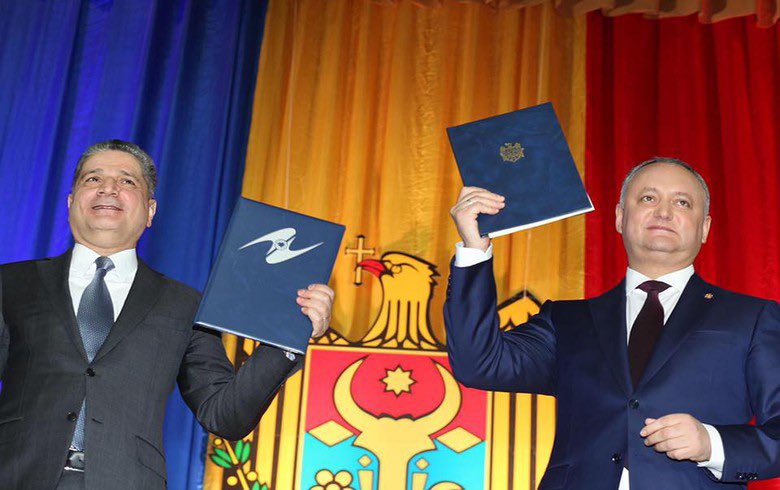
10.The second factor consists of (un)intentional misinterpretation of the actions and statements of President Maia Sandu by Russian primary and secondary political actors (Ministry of Foreign Affairs, State Duma, etc.). nokta.md/sergej-lavrov-…
11. In general, Maia Sandu's attitude towards the eastern dimension of foreign policy requires a "rational" approach, which allows the construction of a sustainable strategy. Check out the details in my analysis.
https://twitter.com/dioniscenusa/status/1333672370083680256
12. There is a perception that Russia would have lost its positions in Moldova due to the victory of Maia Sandu. Nevertheless, Dodon's presidency has produced "a baggage" of commitments and relations with Moscow, which cannot be ignored by the new president.
13. Any sudden move in a different direction from "Dodon's legacy" could produce, for the time being, unpredictable reactions from Russia. 
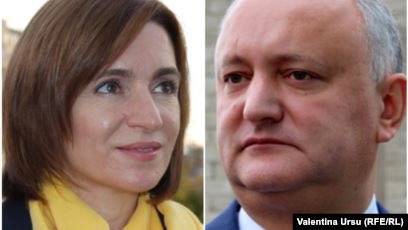
14.First of all, the Transnistrian settlement dimension will change, because Maia Sandu wants to de-criminalize the region, including with the help of Ukraine, rather than legitimize in any way the state of affairs on the left bank of the Dniester (smuggling, gas debts) 
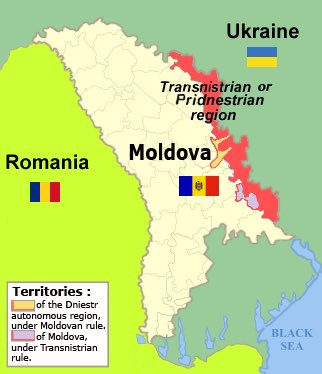
15.The second sensitive issue is the membership in the Eurasian Economic Union. Starting with 2018, President Dodon initiated interactions with the Eurasian structures on which Maia Sandu will have to decide whether they should be maintained or not. 
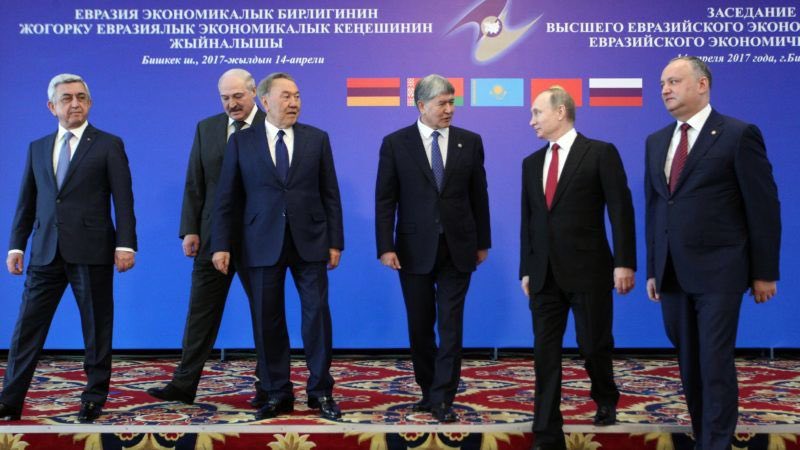
16. Finally yet importantly, the dimension of domestic policy - from defining the status of Gagauz autonomy to guaranteeing the legal conditions for the functioning of the Russian language - can be another volatile field. 
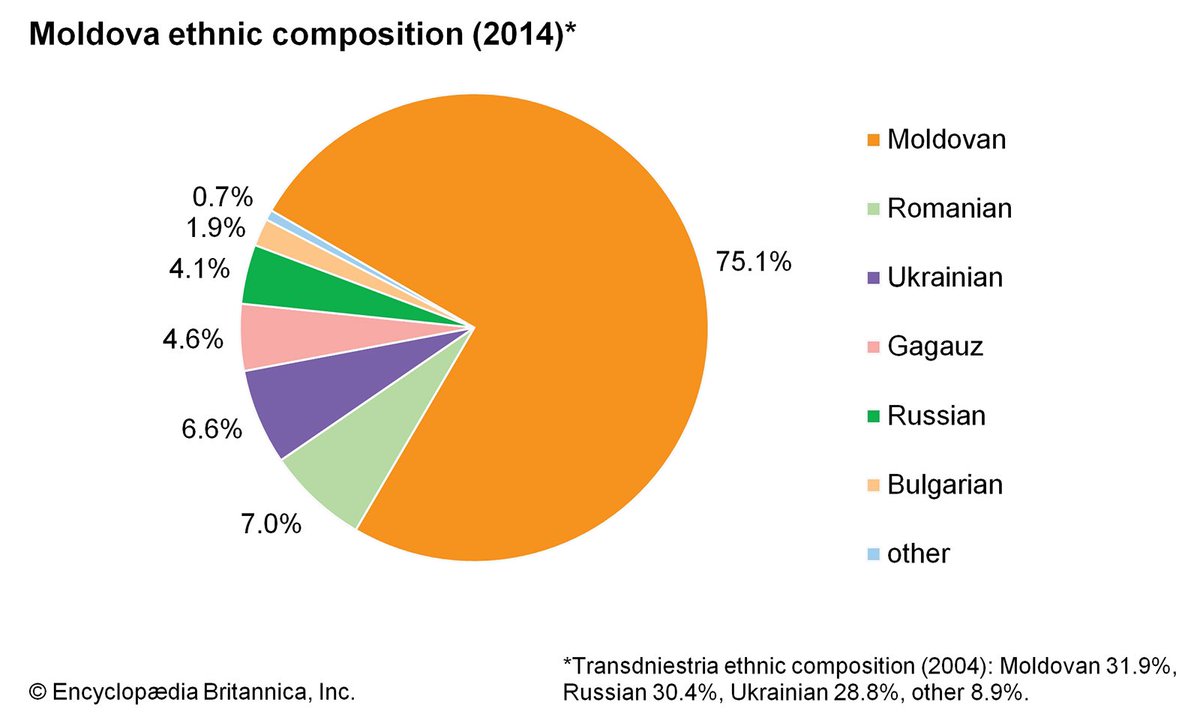
17. Moldova's dependence on Russia has weakened in recent years, due to integration into the European market or the construction of alternative natural gas distribution sources.
18. However, the structural problems described above make the normalization of relations less dependent on the pragmatic intentions of Sandu's presidency or the effectiveness of the bilateral negotiations themselves, but on Moscow's strategic geopolitical interests. (END)
• • •
Missing some Tweet in this thread? You can try to
force a refresh


